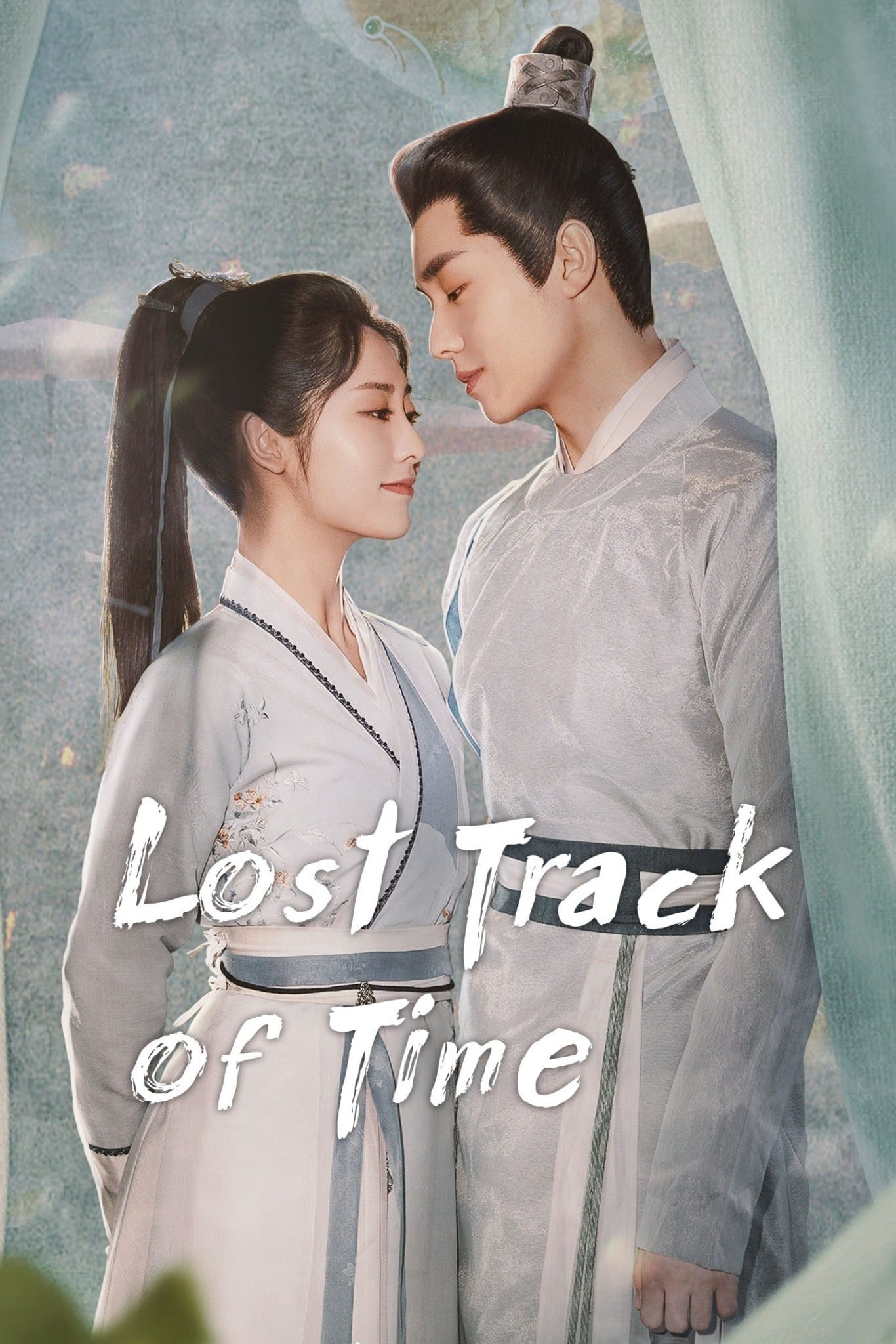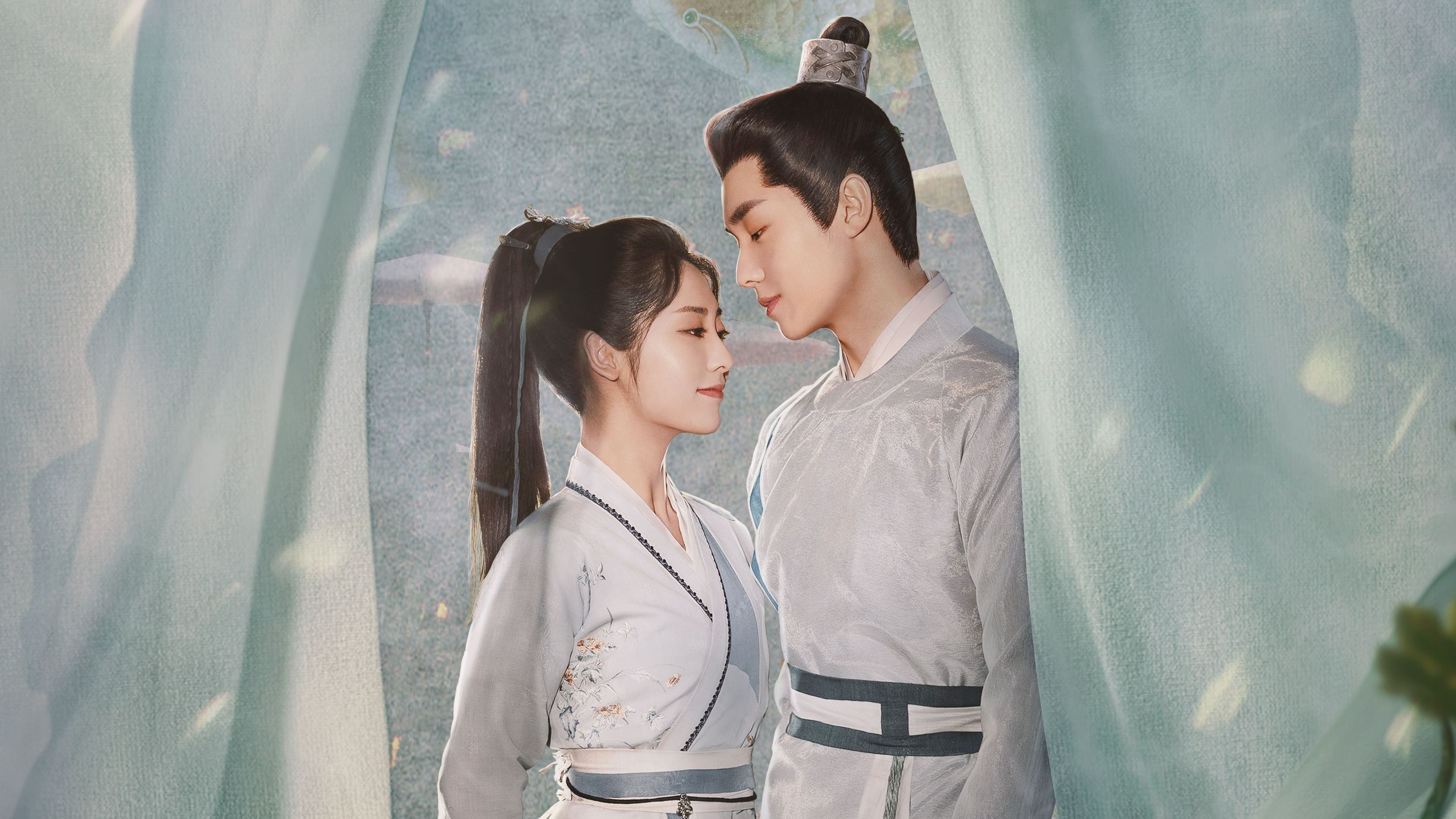Lost Track of Time (2022): A Deep Dive into the Unseen Textures of Grief and Memory
Lost Track of Time (2022), while perhaps not a mainstream cinematic sensation, offers a surprisingly poignant and nuanced exploration of grief, memory, and the elusive nature of time itself. Unlike many films that tackle these weighty themes head-on, this film (assuming we're discussing a specific film with this title – please provide more details if it's less known) employs a more subtle, almost impressionistic approach. Instead of relying on dramatic plot twists or melodramatic outbursts, it weaves a tapestry of quiet moments, fragmented recollections, and evocative imagery that lingers long after the credits roll.
This isn't a film for those seeking a neatly packaged narrative arc with clear resolutions. Rather, it's an experience, a journey into the interior landscape of a character grappling with profound loss. The protagonist's (again, please provide specifics if available) journey isn't about solving their grief but rather navigating it, finding ways to coexist with the absence and the echoes of the past. The film’s strength lies in its refusal to offer easy answers or simplistic catharsis. Instead, it embraces the ambiguity and uncertainty inherent in the grieving process, acknowledging the messy, unpredictable nature of healing.
Unique Aspects and Artistic Choices:
One of the film's most striking elements is its use of time as a fluid, almost malleable entity. The narrative jumps between past and present, blurring the lines between memory and reality. This isn't merely a stylistic choice; it reflects the protagonist's internal experience, where the past remains vividly present, shaping their perception of the present. This fragmented timeline, coupled with the film's evocative visuals and sound design (again, details about the specific film's style would enhance this analysis), creates a deeply immersive and emotionally resonant experience.
Another unique aspect, if the film indeed features it, could be its unconventional approach to character development. Rather than relying on exposition or dialogue, the character's emotional state is communicated through subtle gestures, facial expressions, and the environment surrounding them. This subtle storytelling technique demands active participation from the viewer, forcing them to engage with the unspoken emotions and unspoken narratives.
Critique and Potential Shortcomings:
While the film's artistic merit is undeniable, its unconventional structure might not appeal to all viewers. The lack of a clear, linear narrative could frustrate those seeking a more conventional storytelling approach. The film's deliberate pacing, while contributing to its atmospheric quality, might also feel slow or meandering to some.
Conclusion:
Lost Track of Time (2022) isn't a film that offers easy gratification. It's a film that demands patience, reflection, and a willingness to engage with its unconventional approach to storytelling. However, for those willing to embark on this cinematic journey, it offers a profoundly moving and deeply personal exploration of grief, memory, and the enduring power of the human spirit in the face of loss. Its unique artistic choices and refusal to offer simple answers make it a truly memorable, if unconventional, cinematic experience. To truly assess this film's impact, however, providing specifics about its plot, characters, and directorial style would be invaluable.


